In the realm of household cleaning, the choice of detergent can significantly impact not only the cleanliness of your laundry but also the longevity of your fabrics and the environment. With a myriad of options available—liquid, powder, pods, and eco-friendly formulations—consumers often find themselves asking, Which type of detergent is more effective? This article delves into the science behind various detergents, their effectiveness, and how to choose the right one for your specific needs.
Understanding Detergent Types
Before we can determine which detergent is most effective, it’s essential to understand the different types available on the market:
- Liquid Detergents: These are versatile and dissolve easily in water, making them ideal for pre-treating stains. Liquid detergents are particularly effective on greasy stains and are often preferred for cold water washes.
- Powder Detergents: Typically more cost-effective, powder detergents are excellent for removing ground-in dirt and stains. They are particularly effective in hard water conditions due to their formulation, which includes water softeners.
- Pods and Packs: These convenient pre-measured units combine liquid detergent with other cleaning agents. While they offer ease of use, their effectiveness can vary based on water temperature and load size.
- Eco-Friendly Detergents: Formulated with biodegradable ingredients and often free from phosphates and dyes, these detergents are designed to be gentle on both fabrics and the environment. However, their cleaning power can sometimes be less than that of conventional detergents.
The Science of Cleaning: How Detergents Work
Detergents work through a combination of surfactants, enzymes, and other additives that target different types of stains and soils.
- Surfactants: These are the primary cleaning agents in detergents. They lower the surface tension of water, allowing it to penetrate fabrics more effectively. Surfactants are categorized into anionic, cationic, nonionic, and amphoteric, each serving different purposes in stain removal.
- Enzymes: Many modern detergents include enzymes that break down specific types of stains, such as proteins (blood, grass), starches (food), and fats (oils). The presence of enzymes can significantly enhance the cleaning power of a detergent, especially in cold water.
- Additives: Ingredients like optical brighteners, fabric softeners, and water softeners can enhance the performance of detergents. Optical brighteners, for instance, absorb UV light and emit visible blue light, making whites appear whiter.
Effectiveness: A Comparative Analysis
When evaluating the effectiveness of different types of detergents, several factors come into play:
- Stain Type: For greasy stains, liquid detergents often outperform powders due to their ability to penetrate and dissolve oils. Conversely, for clay or mud stains, powder detergents may be more effective due to their abrasive properties.
- Water Temperature: Liquid detergents are generally more effective in cold water, while powder detergents may perform better in hot water. However, advancements in detergent formulations have led to many products being effective across a range of temperatures.
- Water Hardness: In areas with hard water, powder detergents that contain water softeners can enhance cleaning performance. Liquid detergents may require additional water softening agents to achieve similar results.
- Environmental Impact: Eco-friendly detergents are becoming increasingly popular, but their effectiveness can vary. While they may not perform as well on tough stains, they are often gentler on fabrics and the environment, making them a suitable choice for regular laundry.
Practical Recommendations
To determine which type of detergent is more effective for your laundry needs, consider the following practical tips:
- Assess Your Stains: Identify the types of stains you encounter most frequently. For example, if you often deal with greasy food stains, a liquid detergent may be your best bet.
- Experiment with Brands: Not all detergents are created equal. Conduct a few tests with different brands and formulations to see which one yields the best results for your laundry.
- Follow Manufacturer Instructions: Always adhere to the recommended dosage and usage instructions on the detergent packaging. Overloading your washing machine or using too much detergent can lead to residue buildup and ineffective cleaning.
- Consider Environmental Factors: If you are environmentally conscious, look for eco-friendly options that still meet your cleaning needs. Many brands now offer effective formulations that are safe for the planet.
Conclusion
In conclusion, the question of which type of detergent is more effective does not have a one-size-fits-all answer. The effectiveness of a detergent depends on various factors, including the type of stains, water temperature, and personal preferences regarding environmental impact. By understanding the science behind detergents and considering your specific laundry needs, you can make an informed choice that ensures your clothes remain clean, fresh, and well cared for. Whether you opt for liquid, powder, pods, or eco-friendly options, the right detergent can make all the difference in your laundry routine.


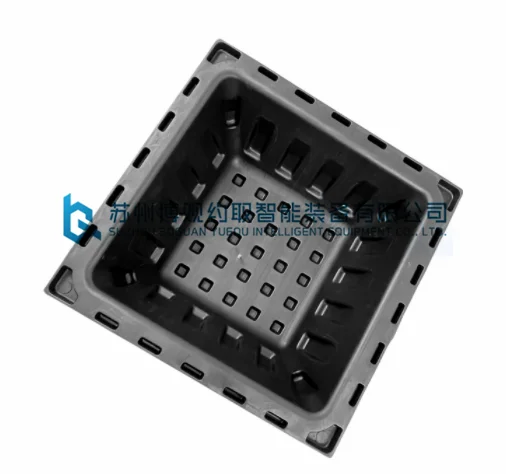
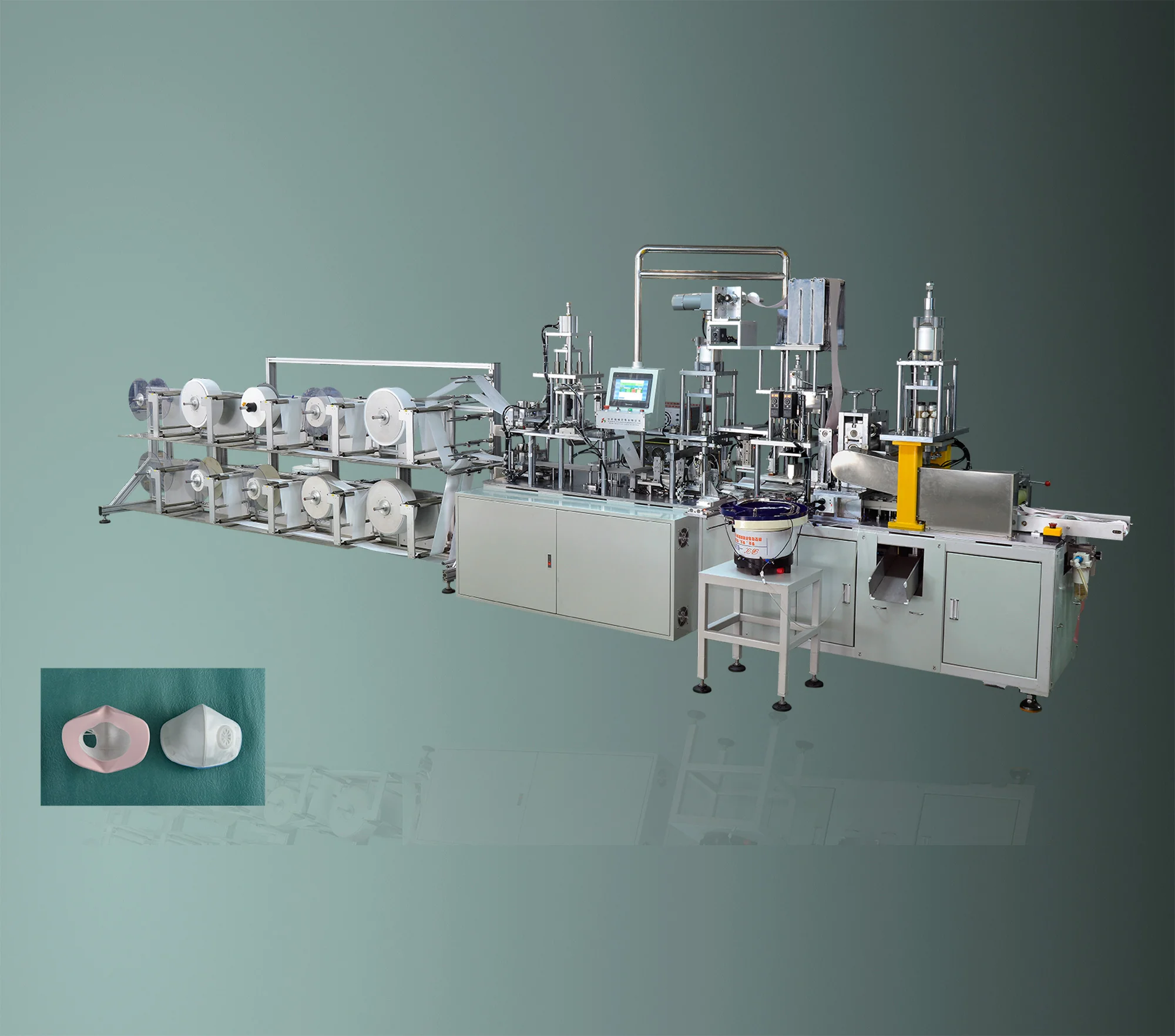
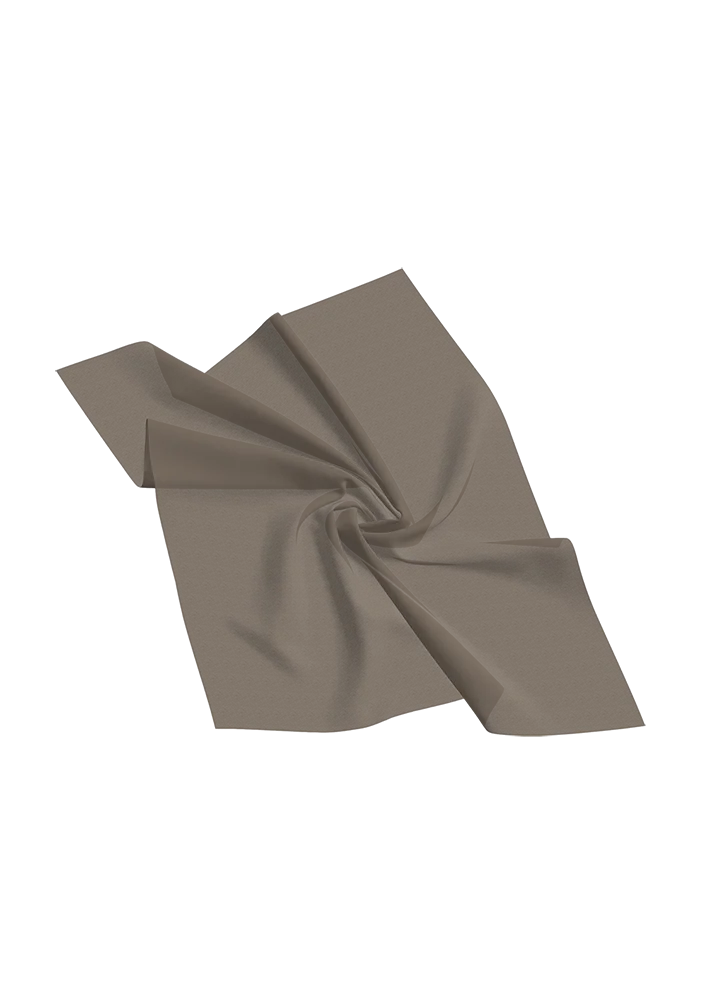
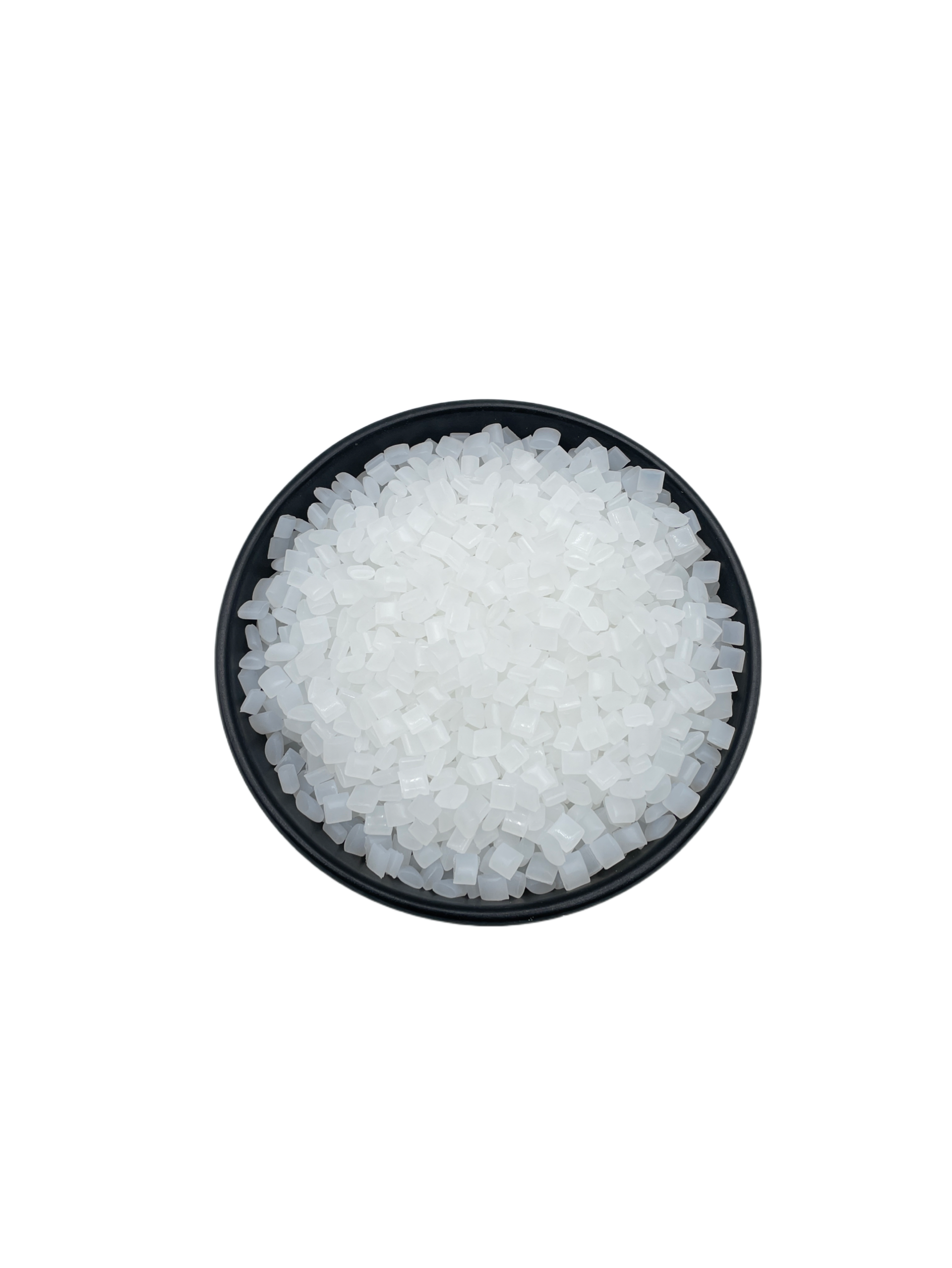
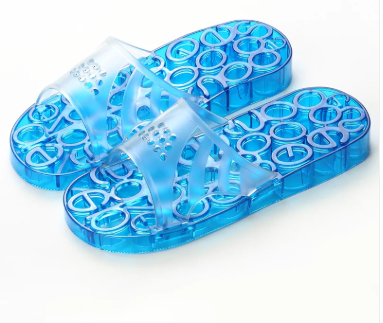
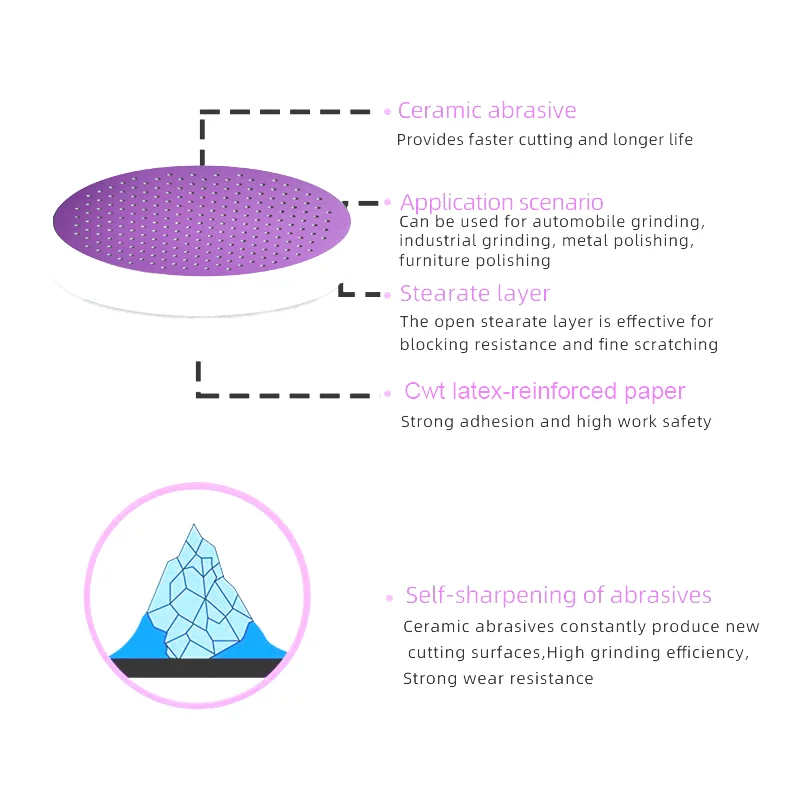
+ There are no comments
Add yours